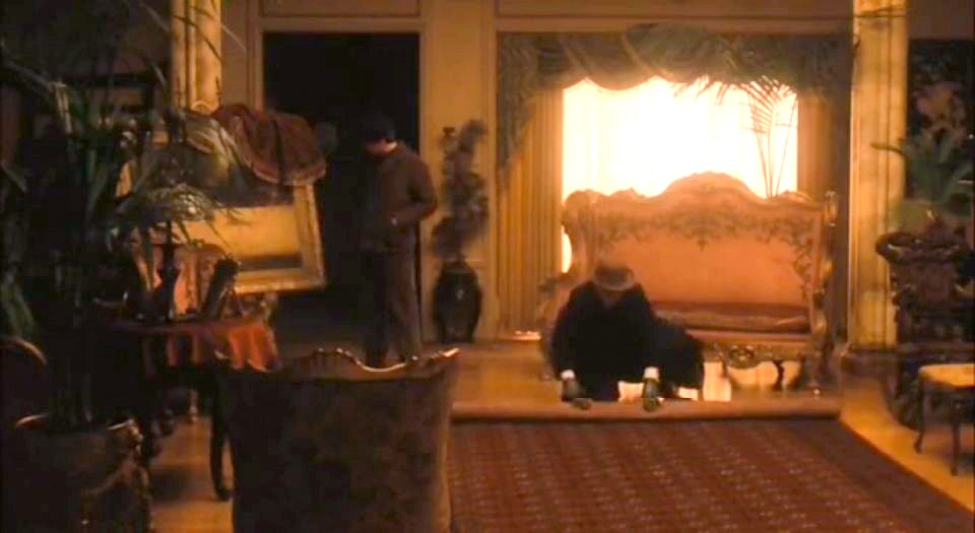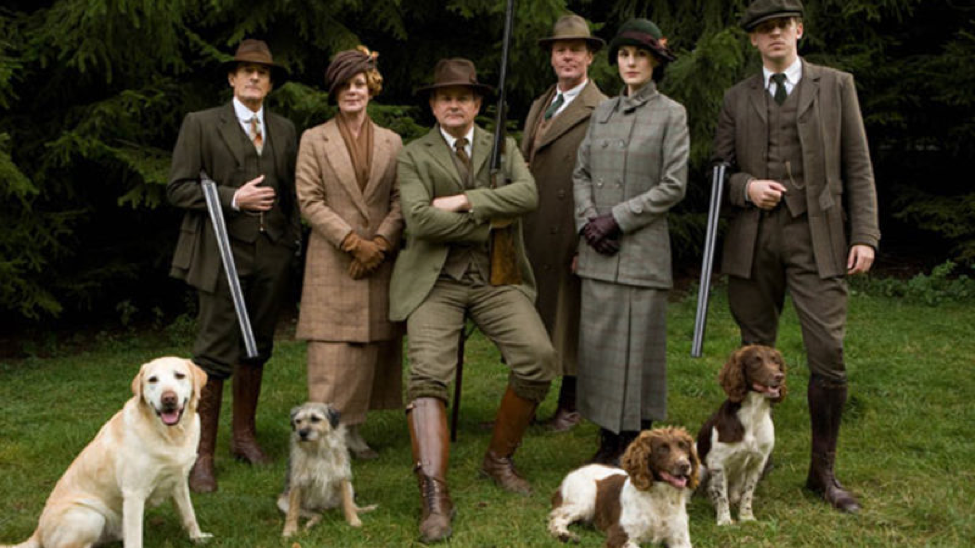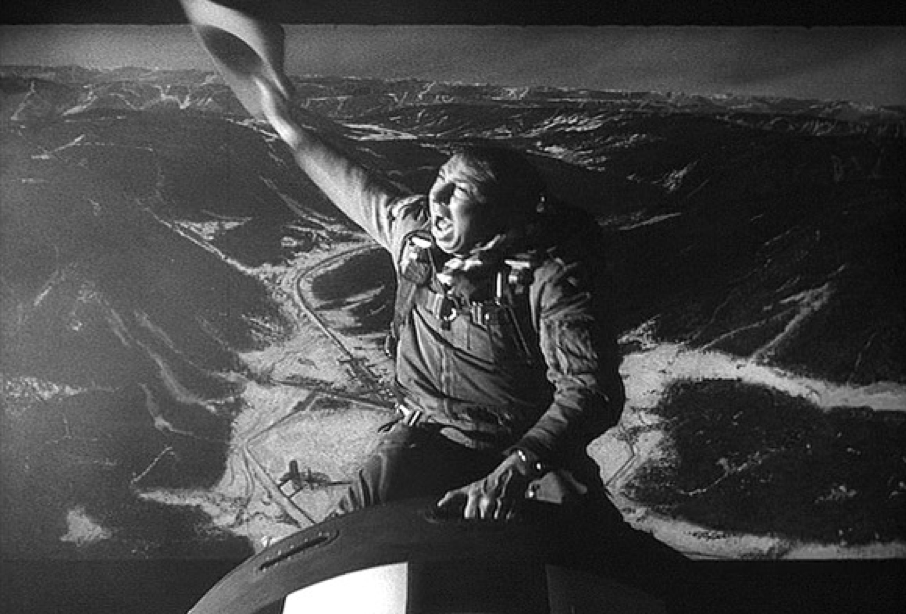Paying taxes is one of the few guarantees in life, as the saying goes. But most of us try to limit how much Uncle Sam takes from our pockets by deducting charitable donations, medical costs and business expenses to lower our taxable income.
But some people can get too creative with their deductions and trigger an investigation from the Internal Revenue Service.
Related: The 10 Worst States For Taxes in 2015
Thirty percent of Americans itemized their deductions instead of taking the standard deduction in 2013, according to the most recent tax data available from the IRS. But that percentage grows exponentially as income rises. More than 90 percent of taxpayers earning $200,000 or more itemized their deductions that year.
“There certainly are many gray areas in tax. Make sure you understand what you are deducting and why, what authority or precedent backs it up,” says Jackie Perlman, principal tax research analyst at The Tax Institute at H&R Block. “Padding deductions or playing ‘audit lottery’ are not good strategies.”
If taking deductions, Perlman recommends that you keep all documentation to support your claims. If your deduction is denied because you have no documentation nor precedent, you could be liable for back taxes, interest and penalties.
Here are 14 sneaky tax deductions people tried to take, but failed.
1. Broken china and glassware
Take heed, klutzes. A New York taxpayer in 1952 claimed $175 for glassware and china dropped during a move and $50 for cocktail glasses and old-fashioned glasses that were broken by domestic help. The next year, the taxpayer deducted $7.50 for a martini pitcher he broke against the water faucet; $62.50 for a cocktail shaker broken by the family cat; $12.50 for a glass pitcher broken by the help; and $6.75 for a glass hurricane lamp broken by a hot candle. The deductions were denied.
Related: Americans Spend More on Taxes Than on Food, Clothing and Shelter
2. Carpet removal

"In The Godfather, Part II Clemenza is Don Corleone's intial entry point to the NYC mob and becomes Vito's most trusted lieutenant and canoli fan. ©Paramount Pictures
A California taxpayer in 1993 deducted $14,098 for the removal of carpet from her house; the installation of red oak hardwood floors; and repainting of the entire house after the renovation. She claimed the renovations as a medical deduction because a doctor 13 years before wrote that the removal of carpet in her bedroom would alleviate her dust allergies. The renovations also occurred as the taxpayer was starting up an interior-design business and was using her home as a showroom. The U.S. Tax Court denied the claim. The U.S. Tax Court denied the deduction, saying the renovations were not undertaken primarily for the taxpayer’s health, but rather for her fledgling business.
3. Dance lessons

©Weinstein Company
In 1959, a taxpayer filed his $593 dancing lessons as a medical expense to improve his varicose veins, based on a lecture he heard while in the Army and not based on a doctor’s recommendation. The Tax Court ruled it as non-deductible.
Eighteen years later, another taxpayer from Ohio listed private lessons and classes at Arthur Murray Dance Studio totaling $4,280 as a medical expense. Her doctor had recommended dancing to alleviate arthritis, depression and anxiety. The Tax Court denied it.
4. Dentures

©Twentieth Century Fox
Ned Sparks, a 1930s character actor, deducted as a business expense $3,000 for the two sets of upper dentures that cost him $3,500. The actor said that the dentures allowed him to enunciate words without a slight hiss, which could be fatal to his profession. He purchased a second set in case one was damaged or destroyed on set. The U.S. Tax Court denied the deduction, saying there was evidence that the teeth would not be used for business purposes only and that it should be considered a personal expense. It agreed with the Board of Tax Appeals that earlier said, “It would be difficult to imagine anything more personal than a set of false teeth.”
5. Dog boarding
In 1994, a Nevada taxpayer deducted $216 as a business expense for boarding his dog when he traveled for his new manufacturing consulting business. The U.S. Tax Court denied the deduction as a business travel expense and said it was nondeductible. The Court also denied the taxpayer’s deduction for towing and traffic court charges worth $184.
6. English setter

Two of these dogs are English Setters (bottom right). ©Carnival Film & Television
Related: 26 Most Overlooked Tax Deductions
A taxpayer in 1941 included a $1,000 loss deduction for a lost English Setter named Waddell’s Proud Bum. The prize-winning dog ran away when a trainer took him for a walk. The U.S. Tax Court disallowed the deduction for three reasons. It couldn’t be a business loss because the taxpayer never derived any income from the dog. It was also not considered a loss from theft, because the fate of the dog was unknown. The loss of the dog also didn’t occur because of any casualty such as fire, storms or shipwreck. However, the court did say in its opinion that it had “never seen a more beautiful and intelligent looking dog.”
7. Fallout shelter

The outcome of Dr. Strangelove probably makes the shelter useless anyway. ©Columbia Pictures
In 1960, a taxpayer in Worcester, Mass., deducted $9,355.75 for the construction of his fallout shelter under the terrace outside his home. He claimed it as a medical expense. He noted that his doctor recommended the shelter, in the event of nuclear fallout, would reduce anxiety that could affect the taxpayer’s hypertension and heart condition. The claim was denied.
8. Memories

©Carolco Pictures
In 2000, a taxpayer from Rochester, N.Y., filed a theft loss deduction for $10,000 for the loss of pictures and souvenirs after a former landlord had removed them from storage and thrown them away 20 years prior. She described the memories in the U.S. Tax Court as such: “…the pictures that I took all over the United States, thousands. What else? Also my family memories. That’s most important. Once it’s missing, I couldn’t replace them.” The court ruled that memories are “delectable,” but not deductible.
9. Military school
In 1961, an Illinois taxpayer included a $1,824 medical deduction for the cost of sending his unruly son who suffered from epilepsy to a military school on the suggestion of the son’s psychiatrist. The Tax Court denied the claim, saying while the school’s environment was beneficial to the son, it wasn’t “medical care” in tax terms. The taxpayer was allowed to deduct $25 for the school’s physical examination.
10. Mink coat
New Yorkers who owned a public relations business in 1947 deducted one-fifth of the cost a $2,500 mink coat that the wife of one of them wore while mingling with representatives of the National Distilleries Company. The U.S. Tax Court denied the deduction because the fur coat had been worn on social occasions that were not related to business.
Related: The 7 Taxes We Hate the Most
11. ‘Diabetic’ food
In 1962, a diabetic taxpayer in Illinois deducted as a medical expense $461.38 for the cost of certain foods for the taxpayer’s restricted diet. The grocery list included artificial sugar ($41.88), liquid sweetener ($23.28), salt substitute ($9.36), unsalted butter ($14.16), diabetic canned fruit ($284.70), diabetic salad dressings ($14.16) and salad consisting of lettuce, tomato, cauliflower and spinach ($73.84). The U.S. Tax Court denied the deduction, saying these were “substitutes for foods normally consumed by a person, and as such, their cost constituted a nondeductible personal expense.”
12. Samoan prayers

©Columbia Pictures
In 1972, a California taxpayer deducted $1,950 as a medical expense for travel to and from Samoa for native doctors to treat his paralyzed wife. The native doctors performed prayer and massage with plant leaves, but the wife’s condition did not improve. While the U.S. Tax Court said the motives of the taxpayer were genuine and not an attempt to disguise a vacation as a medical necessity, the deduction was denied.
13. Buffalo meat
From 1999 to 2001, a taxpayer in Wisconsin deducted $13,726 as a business expense for buying supplements that helped his side bodybuilding career. Included in the supplements, was the cost of buffalo meat, which the taxpayer said he ate at a rate of three pounds per day for muscle development because it contains much higher levels of protein than other meat products. The U.S. Tax Court denied the deduction as an inherent personal expense because non-bodybuilders also eat buffalo meat, “albeit not with the regularity and in the quantities” as the tax filer.
14. Your life
A California business man who owned three limited liability companies was advised by his accountant to amortize the value of his life, time and expertise and deduct this from the LLC taxes over 15 years. Each LLC deducted $116,667 per year starting in 2000. By 2007, the three LLCs had deducted about $2.45 million in total. Not only did the U.S. Tax Court eventually deny the deductions, but the taxpayer also had to pay a penalty. The accountant, by that time, was in federal prison for stealing money from clients’ retirement accounts.





